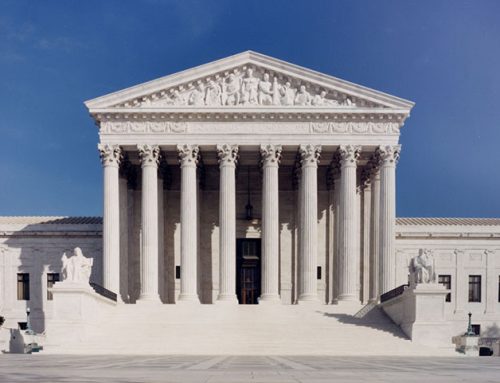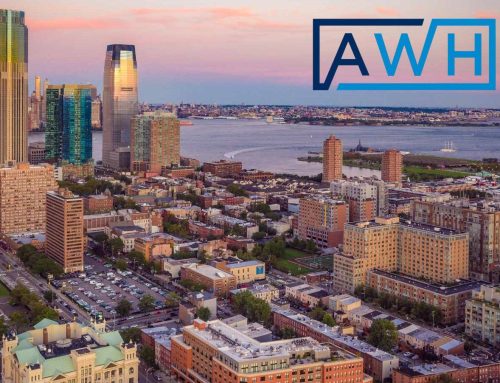Analysis: Stuck in the Weeds? What’s Next For Canopy Growth Corporation?
TORONTO– Canopy Growth, once the largest cannabis company by valuation, has been a rollercoaster for investors over the previous few years, rising to more than $45, then seeing dramatic drops.
The legalization of cannabis in Canada and some states in the US sparked interest amongst retail investors in the emerging market of cannabis.
Canopy Growth has hit its lowest point; shares have dropped over 90% to $3 during the past year. However, don’t think the worst is over just yet; here are several reasons why shares may find it difficult to recover from this point.
Several issues arise at once
According to a Grand View Research analysis, the North American cannabis market is expected to be valued $12.4 billion in 2021 and expand at a rate of 15% per year through 2030. Canopy Growth claims to want to be the most prestigious cannabis brand in North America.
However, there are some obstacles in the way of the corporation achieving its objective; revenue growth has slowed, with a 25% year-over-year decline in the fourth quarter of fiscal 2022 and a 5% decline for the entire year ending March 31, 2022.
The management said that growth through acquisitions and expansion in other product categories more than compensated a loss in its organic Canadian business. In a market that is expanding, losing revenue appears more like competition than anything else.

To make matters worse, as you can see in the chart below, gross profit margins fell in 2022. The management gave numerous reasons for this, such as lower production output, weaker sales, and freight costs.

A business will lose a lot of money when profit margins plunge, and Canopy’s operating losses were CA$546 million for the entire 2022 year.
This puts Canopy between a rock and a hard place
Now that Canopy Growth is in a challenging situation, management may need to make unpopular choices. Even if the operating losses from 2022 continue until 2023, the corporation has cash on hand due to its almost CA$1.4 billion in assets.
To expand its Doja and 7ACRES brands in Canada as well as its consumer product brands BioSteel and Storz & Bickel, management has stated plans to increase investments in 2023.
Canopy Expansion must strike a balance between responsible spending and its growth initiatives. Losses could mount if investments are made in excess when the business is struggling. The company’s cash reserves allow it near-term breathing room because it already has CA$1.5 billion in long-term debt, but the balance sheet is already deteriorating.
Could CGC shares rally back?
When circumstances are rough, investors frequently want safety, which calls for strong fundamentals and balance sheets that can withstand the test. Canopy Growth, which has seen its price-to-sales (P/S) ratio fall to under three over the past year, doesn’t fit the bill and has personally felt the wrath of Wall Street.

Shares may increase if investor sentiment improves. Canopy announced restructuring measures in response to operating challenges that it expects will result in savings of CAD100 million to CAD150 million over the course of the next 12 to 18 months, with a focus on cost structure right-sizing, cultivation cost reduction, and supply chain efficiency improvements.
But even if the market swings back, Canopy Growth’s slowing rise, falling margins, and financial uncertainties raise fundamental worries that could limit share price growth. As a result, investors should keep their expectations realistic.
Editors Note: at the time of going to press, Fitch Rating’s Long-Term Issuer Default Ratings (IDR) for Canopy Growth Corporation (Canopy) and 11065220 Canada Inc. have been lowered from “CCC” to “C.” by Fitch Ratings. The senior secured term loan facility’s ratings of “B” and “RR1” have been confirmed by Fitch.
The downgrade comes after Canopy revealed it had entered into privately negotiated exchange agreements with a select group of convertible noteholders, among them Constellation Brands, Inc. (Constellation), through its wholly-owned subsidiary, to acquire roughly CAD263 million principal amount of the notes in exchange for Canopy common shares and roughly CAD3 million in cash. Given the debt repayment for equity, Fitch classifies the transaction as a distressed debt exchange (DDE) according to Fitch’s standards.
After the transaction is completed, Fitch expects to downgrade Canopy’s IDR to ‘RD (Restricted Default). In order to determine an IDR that is consistent with the company’s post-transaction capital structure, liquidity, and risk profile—which is likely to be in the very low speculative-grade range—Fitch would then reassess the company’s credit profile.
Despite all their efforts, there may still be trouble ahead for CGC.
(This information is primarily sourced from Canopy Growth Corporation. Highly Capitalized has neither approved nor disapproved the contents of this information. Read our Disclaimer here).



































